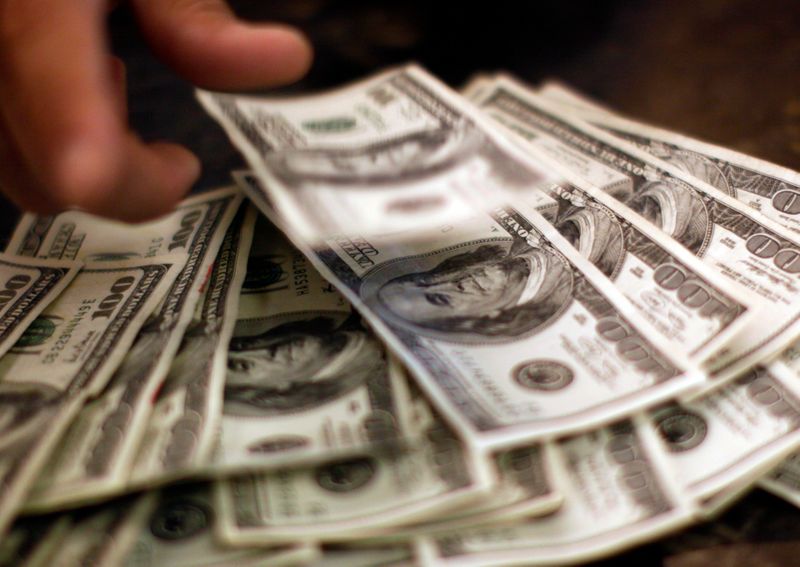Investing.com — Most Asian currencies fell on Wednesday, while the dollar steadied from recent losses as markets hunkered down before more cues on monetary policy from Federal Reserve Chair Jerome Powell later in the day.
Powell is set to later in the day, potentially offering more cues on the path of U.S. interest rates after somewhat mixed signals from a last week.
While the bank paused its rate hike cycle, it flagged a higher peak interest rate this year, potentially heralding more increases in rates.
This kept investors uncertain over what Powell may signal in his testimony, drawing some flows into the dollar on the potential for a hawkish outlook.
The and rose slightly in Asian trade after logging some gains earlier this week.
Chinese yuan hits near 7-month low after rate cut
The continued to lag its regional peers, sinking 0.2% to a near seven-month low of 7.1939 against the dollar after the People’s Bank of China cut its key on Tuesday.
The PBOC cut its 1-year and 5-year LPR by 10 basis points each. The cut was the PBOC’s first such move in 10 months, and comes as Beijing struggles to shore up a slowing local economic rebound.
While the move is expected to help support economic growth, it bodes poorly for the yuan, as rising interest rates in the rest of the globe diminish the currency’s appeal.
The cut in the 5-year LPR also disappointed some traders hoping for a bigger reduction, given that the rate is used to peg mortgage prices and is closely tied to the Chinese property market.
U.S. rate-hike fears dent broader Asian currencies
Most other Asian units fell as markets feared any more hawkish signals from Powell later in the day, which could herald higher U.S. interest rates.
The lost 0.3%, while the fell 0.1%. The was among the few outliers for the day, rising 0.1% after steep losses in the prior session.
The fell 0.1%, trading close to seven-month lows amid more signals from the Bank of Japan that it will maintain its ultra-loose monetary policy for longer.
The minutes of the BOJ’s April meeting showed that nine out of 10 board members planned to keep the policy on hold, while comments from BOJ officials reiterated this stance on Wednesday.
Read the full article here
